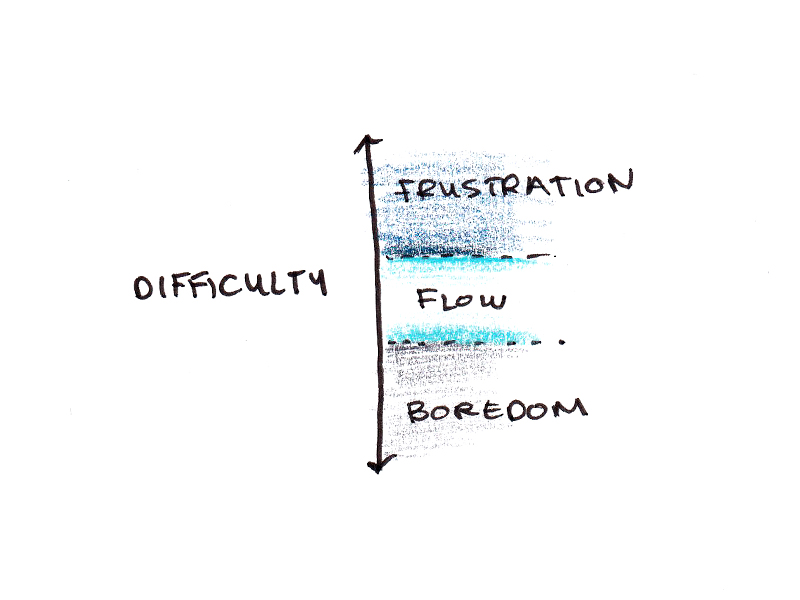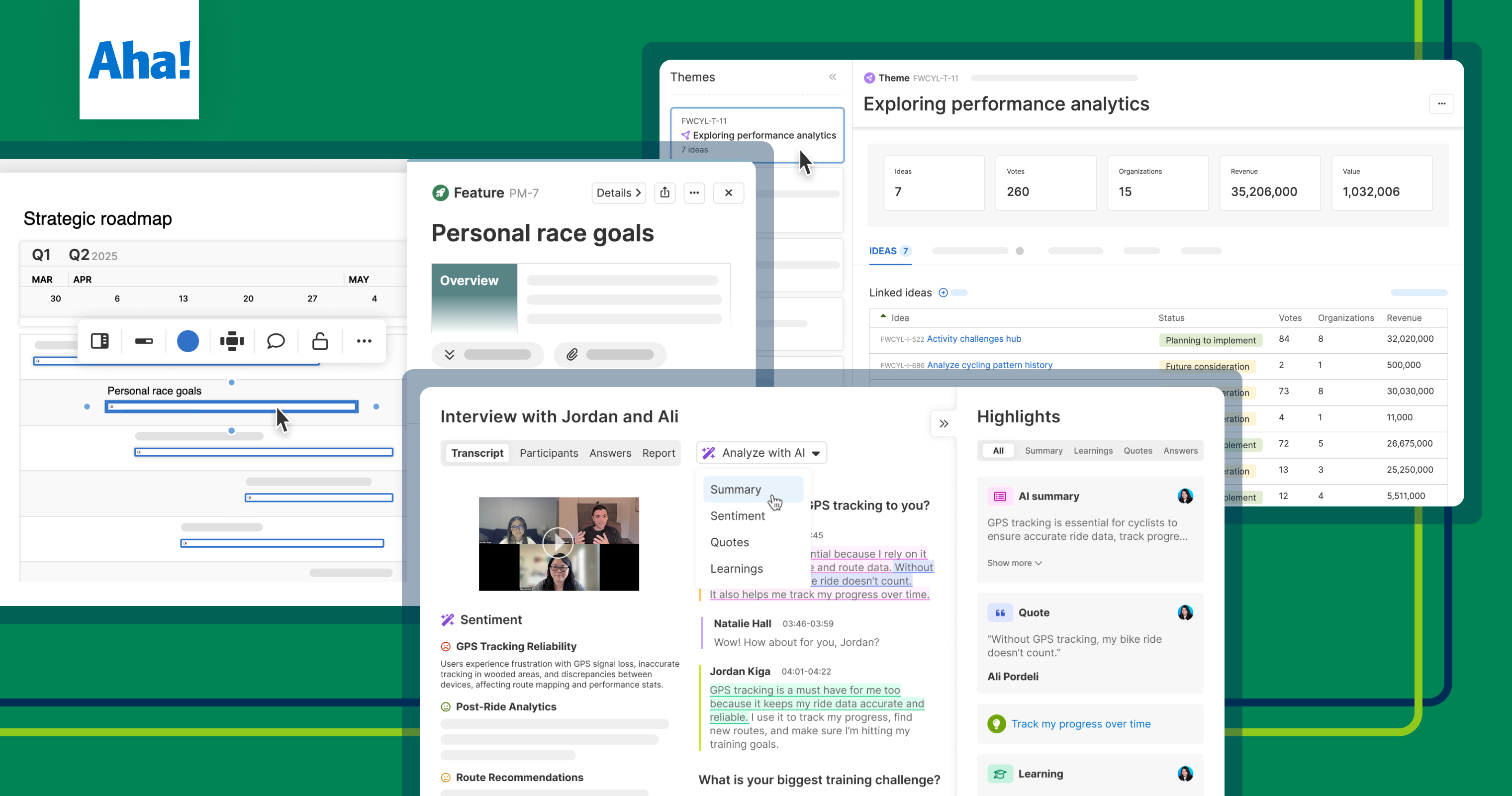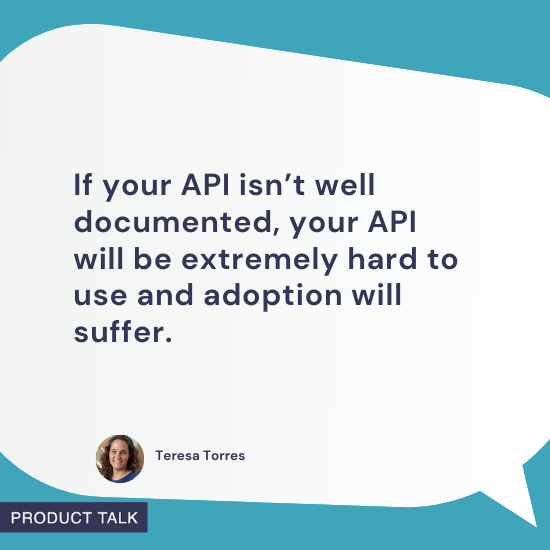How your family dynamics influence your personality at work
Thinking back to childhood, what role did you play in your family dynamic? Maybe you were the straight-A student? Maybe you flew under the radar, not causing trouble? Or perhaps you were charged with taking care of siblings? The person you were inside your family relationship can impact how you act in the workplace today, says Dr. Alexandra Solomon, clinical psychologist and host of the MasterClass “In Practice” series on dealing with anxiety. “Sometimes we repeat those family roles in our adult relationships, and sometimes we do a 180 flip,” she says. “There’s a path of repetition and there’s a path of opposition. Our goal is to be on the third path, which is the path of integration.” Solomon identified six common roles children play inside of their families based on their experiences. People tend to identify with one or two roles. Roles can also change, often due to a shift in the family dynamics, such as a divorce, a death, or an older sibling heading off to college. Each role has a function with two parts, explains Solomon. “The individual takes on this role in an attempt to belong and to access love,” she says. “And the person takes on this role in an attempt to stabilize the [family] system.” 1. The Perfect One A child who assumes the role of the “perfect one” attempts to gain love through performance. They stabilize the system by being a straight-A student or a superstar athlete, so the family can feel good about itself. In the workplace, the perfect one’s gift is competence. “If you give them a project, you can be pretty sure that it will be done and done well,” says Solomon. “The challenge is that perfect ones tend to be hard on themselves and, oftentimes, demanding and critical of the people around them.” 2. The Easy One The family member who is the “easy one” tries to obtain love by going with the flow. They create stability for the system by not adding any additional strain, which often happens when parents are stressed. The easy one attempts to help their parents feel as calm as possible by needing less. Their gift at work is flexibility, which is an asset on a team because you can put them anywhere and they’ll figure it out without asking too many questions or being a squeaky wheel, says Solomon. Their challenge, however, is that they can end up feeling resentful because their needs aren’t being met. 3. The Struggling One The child who is the “struggling one” is often the center of attention. Solomon says this role captures an idea from family therapy called the “identified patient.” This happens when parents bring a child to therapy saying, “Our kid is having a problem.” It’s possible that they are focusing on the child to avoid their own marital conflict. To gain stability, the child may back up what the parent says as long as it keeps the parents from fighting with each other. It’s possible, too, that the child has identifiable challenges. The struggling one’s gift as a coworker is that they become a strong advocate, says Solomon. They make people around them feel safe because they’ve struggled, too. The challenge, however, is that they need to be more independent. 4. The Peacemaker The peacemaker’s role in the family is to help people get along. They gain love by solving problems, such as getting parents in conflict to understand each other. Even at a young age, they try to have everyone’s best interests at heart. In the workplace, the peacemaker’s gift is an eye for fairness, advocacy, and mediation. They help everyone understand each other’s perspectives, and they’re unafraid to get in the mix. The challenge, however, is that they spend so much time with their finger on the pulse of the system, anticipating a problem, that they have a hard time accessing their own emotions. 5. The Parentified Child A parentified child is someone who attempts to gain love by providing a source of comfort to the grown-ups in the family. This role is similar to the peacemaker; however, they offer more support for issues rather than trying to solve them. They act like a little adult in the household. The parentified child’s gift at work is having empathy and caregiving for others. Their challenge, though, is that they often have difficulty with boundaries. They often define their worthiness by the degree to which they are needed by others. 6. The Rebel The final role is the rebel. This is someone who isn’t afraid to call out how the family dynamic isn’t making sense or working. They attempt to gain love through authenticity, speaking up, and trying to create stability by calling out what’s happening. The rebel’s gift is fearlessness, saying the thing that nobody else wants to say. The challenge, especially in peer-to-peer relationships, is that their self-identity is organized around opposition to the system. It can be hard to meld into a group when you spend time pointing out the things that are wrong, says Solomon. H

Thinking back to childhood, what role did you play in your family dynamic? Maybe you were the straight-A student? Maybe you flew under the radar, not causing trouble? Or perhaps you were charged with taking care of siblings?
The person you were inside your family relationship can impact how you act in the workplace today, says Dr. Alexandra Solomon, clinical psychologist and host of the MasterClass “In Practice” series on dealing with anxiety.
“Sometimes we repeat those family roles in our adult relationships, and sometimes we do a 180 flip,” she says. “There’s a path of repetition and there’s a path of opposition. Our goal is to be on the third path, which is the path of integration.”
Solomon identified six common roles children play inside of their families based on their experiences. People tend to identify with one or two roles. Roles can also change, often due to a shift in the family dynamics, such as a divorce, a death, or an older sibling heading off to college.
Each role has a function with two parts, explains Solomon. “The individual takes on this role in an attempt to belong and to access love,” she says. “And the person takes on this role in an attempt to stabilize the [family] system.”
1. The Perfect One
A child who assumes the role of the “perfect one” attempts to gain love through performance. They stabilize the system by being a straight-A student or a superstar athlete, so the family can feel good about itself.
In the workplace, the perfect one’s gift is competence. “If you give them a project, you can be pretty sure that it will be done and done well,” says Solomon. “The challenge is that perfect ones tend to be hard on themselves and, oftentimes, demanding and critical of the people around them.”
2. The Easy One
The family member who is the “easy one” tries to obtain love by going with the flow. They create stability for the system by not adding any additional strain, which often happens when parents are stressed. The easy one attempts to help their parents feel as calm as possible by needing less.
Their gift at work is flexibility, which is an asset on a team because you can put them anywhere and they’ll figure it out without asking too many questions or being a squeaky wheel, says Solomon. Their challenge, however, is that they can end up feeling resentful because their needs aren’t being met.
3. The Struggling One
The child who is the “struggling one” is often the center of attention. Solomon says this role captures an idea from family therapy called the “identified patient.” This happens when parents bring a child to therapy saying, “Our kid is having a problem.”
It’s possible that they are focusing on the child to avoid their own marital conflict. To gain stability, the child may back up what the parent says as long as it keeps the parents from fighting with each other. It’s possible, too, that the child has identifiable challenges.
The struggling one’s gift as a coworker is that they become a strong advocate, says Solomon. They make people around them feel safe because they’ve struggled, too. The challenge, however, is that they need to be more independent.
4. The Peacemaker
The peacemaker’s role in the family is to help people get along. They gain love by solving problems, such as getting parents in conflict to understand each other. Even at a young age, they try to have everyone’s best interests at heart.
In the workplace, the peacemaker’s gift is an eye for fairness, advocacy, and mediation. They help everyone understand each other’s perspectives, and they’re unafraid to get in the mix. The challenge, however, is that they spend so much time with their finger on the pulse of the system, anticipating a problem, that they have a hard time accessing their own emotions.
5. The Parentified Child
A parentified child is someone who attempts to gain love by providing a source of comfort to the grown-ups in the family. This role is similar to the peacemaker; however, they offer more support for issues rather than trying to solve them. They act like a little adult in the household.
The parentified child’s gift at work is having empathy and caregiving for others. Their challenge, though, is that they often have difficulty with boundaries. They often define their worthiness by the degree to which they are needed by others.
6. The Rebel
The final role is the rebel. This is someone who isn’t afraid to call out how the family dynamic isn’t making sense or working. They attempt to gain love through authenticity, speaking up, and trying to create stability by calling out what’s happening.
The rebel’s gift is fearlessness, saying the thing that nobody else wants to say. The challenge, especially in peer-to-peer relationships, is that their self-identity is organized around opposition to the system. It can be hard to meld into a group when you spend time pointing out the things that are wrong, says Solomon.
How Your Role Applies to the Workplace
“Carl Jung said, ‘Until you make the unconscious conscious, it’s going to direct your life, and you’re going to call it fate,’” says Solomon. “We’re usually not conscious of our role, and we don’t usually have language for our role. We just do relationships the way we’ve always done relationships.”
Once you recognize the role you played in your family, you can start to notice core pain points at work that connect to a role you played. If you have a difficult boss, for example, it’s not just about a difficult boss; it’s what you do in the face of a situation with a difficult boss. A rebel might feel like calling foul on their boss. The more the rebel calls foul, however, the more the difficult boss is frustrated with the rebel.
You can take a step back, realize your go-to reaction, and consider options of what you can do differently.
“You may not be able to change your boss, but you can become more empowered and not fall into the same patterns,” says Solomon. “The rebel may want to figure out what they can let go of. If they notice the urge to speak up, what will happen if they stay quiet? Maybe somebody else speaks up? Or maybe they realize it wasn’t the end of the world. [It’s about] trying a different behavior and noticing what the different outcome is instead of being led by knee-jerk responses.”
Your Coworkers’ Roles
Understanding that we bring family roles into work can also help you create hypotheses about why your coworkers act the way they do, which can help you feel less reactive to their behavior.
“If I watch my coworker pointing out to the boss again and again everything they did, you might start to wonder if they were a ‘perfect one’ in their family, and the only way they think they can be safe and belong is to prove their value again and again,” says Solomon. “Maybe you can have compassion. It may drive you crazy, but if you see that it’s their family of origin wound, you can take it less personally. They’re doing that because that’s what they believe they have to do to be seen as valuable.”
Stress and anxiety are inevitable at work. The good news is you don’t have to be helpless victims, says Solomon. “There are things we can’t change about our workplace, about the state of the world, about other people’s behavior, about the things that happened to us in the past,” she says. “But we can get insight around why you see things the way you do. The experience of doing something different in a difficult moment reinforces a feeling of trust in oneself, which is vital.”





































































































![Building A Digital PR Strategy: 10 Essential Steps for Beginners [With Examples]](https://buzzsumo.com/wp-content/uploads/2023/09/Building-A-Digital-PR-Strategy-10-Essential-Steps-for-Beginners-With-Examples-bblog-masthead.jpg)





![How One Brand Solved the Marketing Attribution Puzzle [Video]](https://contentmarketinginstitute.com/wp-content/uploads/2025/03/marketing-attribution-model-600x338.png?#)

































